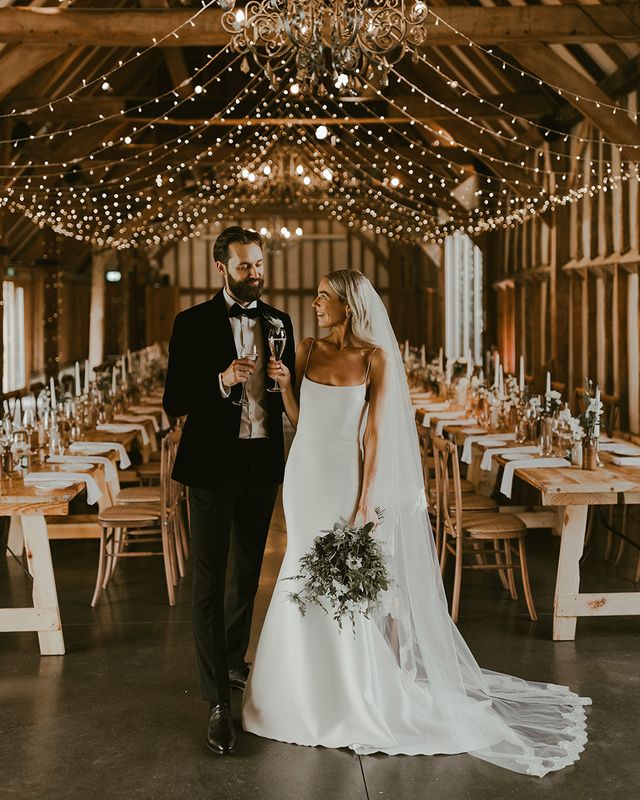Grace Elizabeth
Devon
.JPG?fit=1)

One of the most important things to look for when buying a wedding insurance policy is that the level of cover matches your total budget. Wedding costs can easily creep up, so make sure your cancellation cover is enough to protect the full amount. It's also important to check the limits on individual sections like supplier failure, flowers, and attire to ensure they reflect your specific needs.
Pay close attention to any restrictions around deposits or payments you've already made. Some policies may have longer exclusion periods for anything paid before the policy starts, so it's important to know exactly what's covered, and from when.